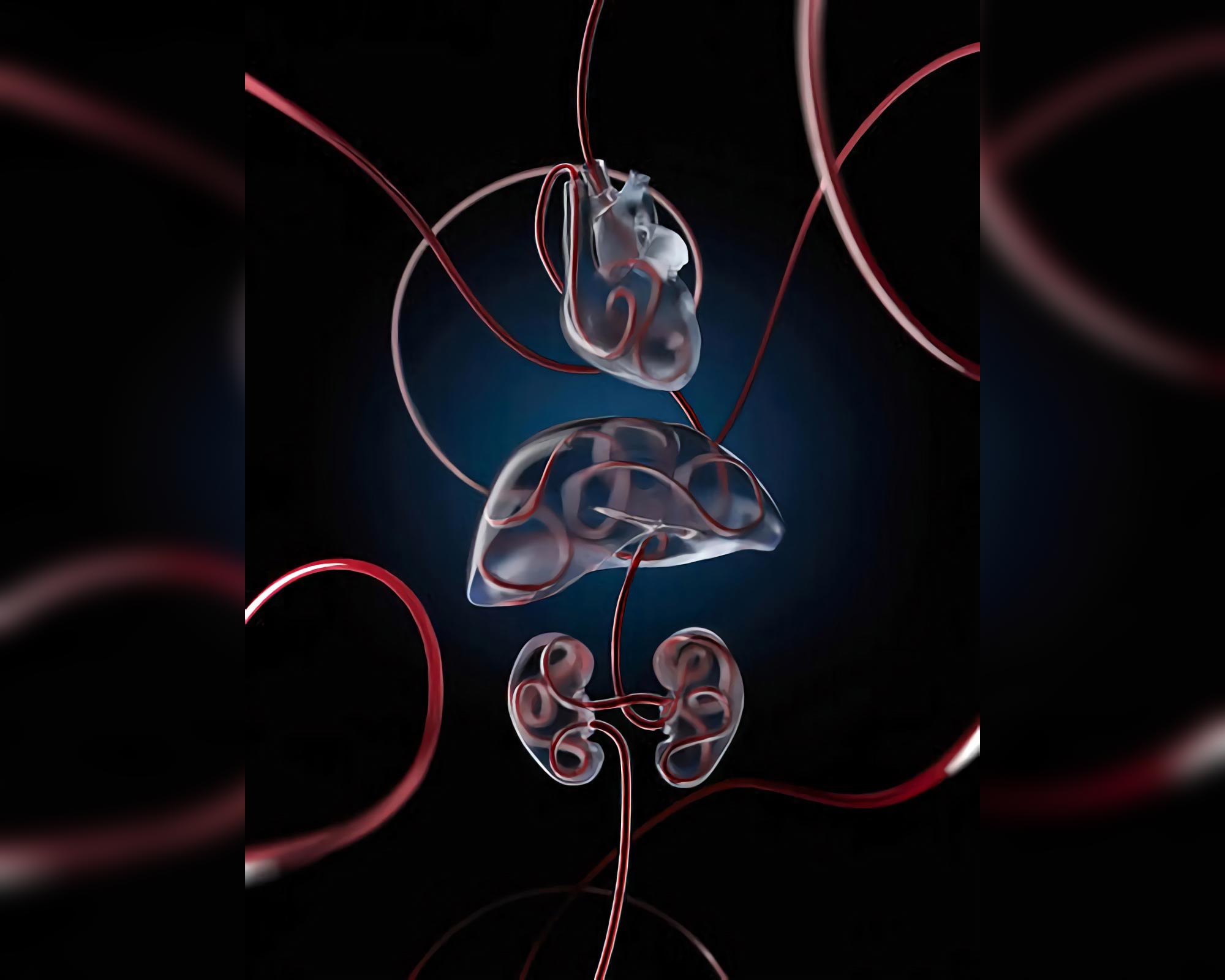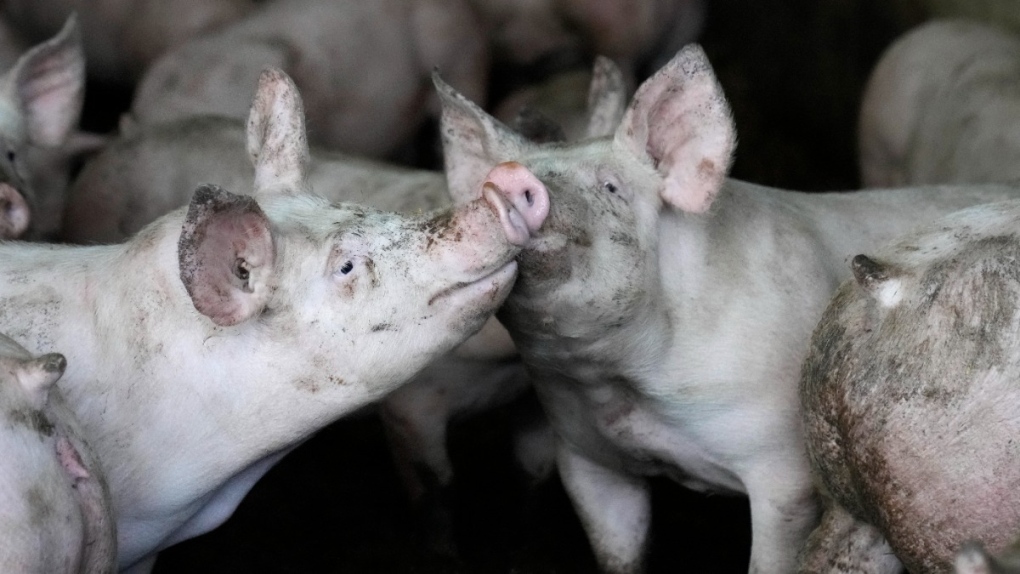Is There Death After Life?
"[The study] reveals the underappreciated capacity for cellular recovery after prolonged whole-body warm ischemia [loss of blood circulation, and thus oxygen deprivation] in a large mammal.""Cellular demise can be halted, and their state [can] be shifted toward recovery at molecular and cellular levels."Yale University research team"We could see the heart was beating. It was beating. The quality of this beating is debatable.""The next step is that we're hoping to see complete tissue and organ recovery and, of course, eventually, to transplant these organs."First author David Andrijevic, associate research scientist in neuroscience, Yale School of Medicine"The implications are just so phenomenal as I see it.""With heart attack and stroke, I say, hallelujah, because so much harm is done so quickly and if something like that is going to help, that would be wonderful.""What hits me like a tonne of bricks is that you are really manipulating the boundary between life and death.""If you can restore a lot of these organs, how dead is the person?"Kerry Bowman, bioethicist, University of Toronto
 |
| Illustration of organ perfusion and cellular recovery with OrganEx technology. The cell-saving blood analog is delivered to vital organs one hour after death. Credit: Marin Balaic |
It's not quite the fountain of youth, but it is an extraordinary development that scientists have been able to publish an experiment in the journal Nature, declaring that they met success in restoring 'life' to body cells. With the use of a system called "OrganEx" using special pumps and solutions restoring oxygen, preventing cell death throughout the body, a team of researchers at Yale University succeeded in restoring blood circulation along with allied cellular functions in the organs of pigs that had expired due to cardiac arrest.
The heart muscle contracted when electrical activity was restored. Bioethicists now have a good deal to mull over in the broad acceptance of death. The results of this experiment have, in essence, created an unexpected muddying of the understanding of when life ceases and death arrives. An earlier project three years ago led by Yale scientists involved disembodied pigs' brains with the use of a similar perfusion system called BrainEx where circulation was restored and cellular activity reawakened in the brains of pigs killed in a meat-packing plant.
 |
| Nova |
The current Yale research team took inspiration from that, wondering whether a similar approach could be applied on a whole-body scale. What they succeeded in doing by expanding that research was to lay to rest the assumption that body cells and organs begin an irreversible death within minutes of the heart stopping. What the scientists envision is the potential to help reduce the damage to people's brains following a stroke, or to repair heart function following a heart attack.
At the very least, they felt, OrganEx could allow doctors more time to retrieve human organs after life support has been removed. That mode of approach would come with a requirement that the "obligatory" clamp of the main arteries supplying blood to the brain in prevention of blood circulating to the brain of a deceased organ donor be respected. Both BrainEX and OrganEx experiments saw cellular activity through electroencephalography monitoring in some areas of the brain.
With the OrganEx system, a perfusion device is connected to the pig's circulatory system with a synthetic fluid containing Hemopure, a blood-like product, along with a dozen other chemicals to suppress cell death and inflammation when it is pumped throughout the pig's body. An hour following death after the researchers anaesthetized the animals and stopped their hearts, they connected the pigs to the Organ Ex system. After treatment lasting six hours decreased cell death was noted, less swelling and restored activity in the heart, liver, kidneys and pancreas.
 |
| Pigs gather in their pen at a farm in Pruille-Le-Chetif, western France. (Francois Mori / AP) |
"[The experiment is important for] trying to figure out what can be restored, what can be resuscitated, what can be partially restored after death.""If you can get biological activity in cells, in muscles, and they're moving and you seem to see signs of what I'll call 'life' in a body, in an animal that's been dead for an hour, do we need to rethink how we understand cardiac death, not brain death?""If you could get some function back by putting in this OrganEx solution, would that mean that should be tried on people whose hearts have stopped before we pronounce them dead?""I think a lot of people are likely to assume that when you're dead, everything is dead all at once. This experiment suggests to me that isn't true."Arthur Caplan, medical ethics expert, New York University
Labels: Bioethicists, Circumventing Cell Death, Research, Restoring Organ Function, Yale University

0 Comments:
Post a Comment
<< Home